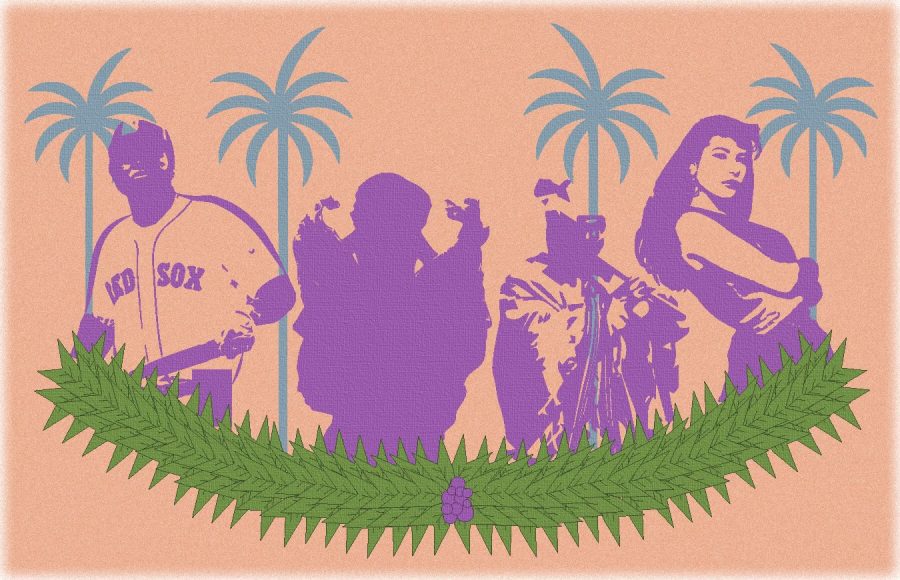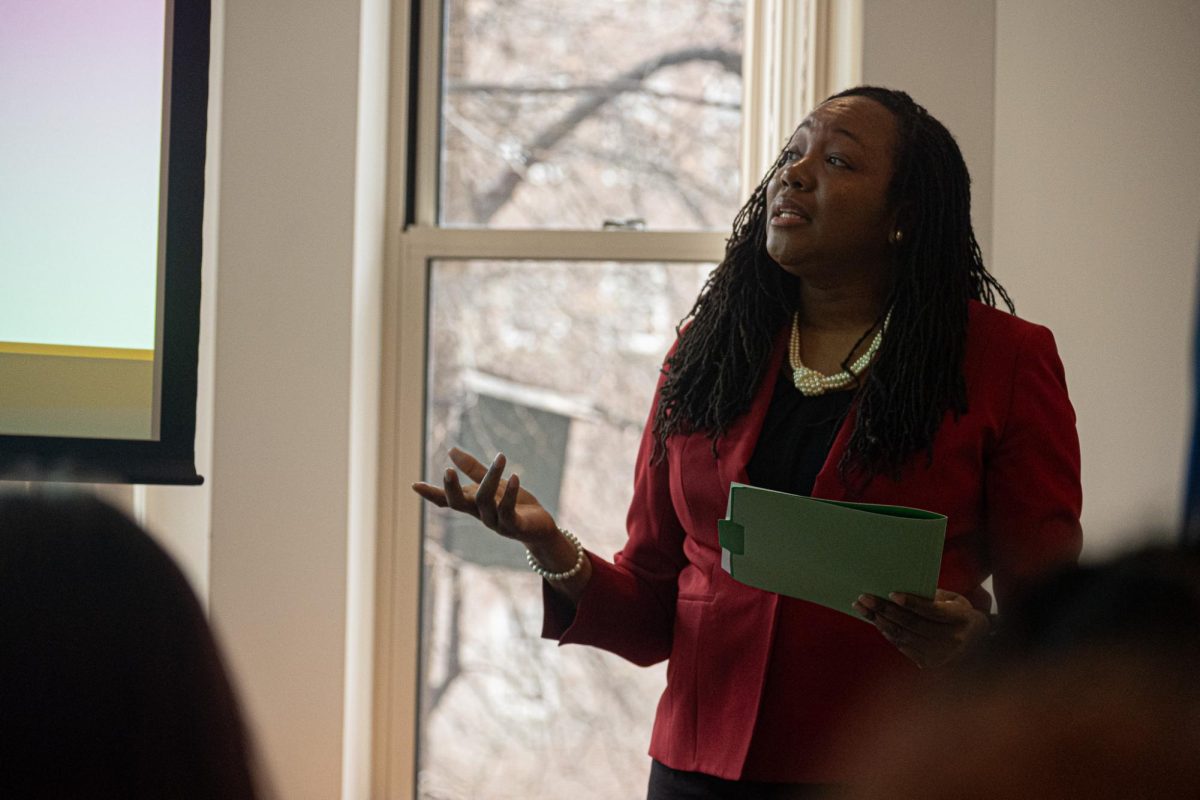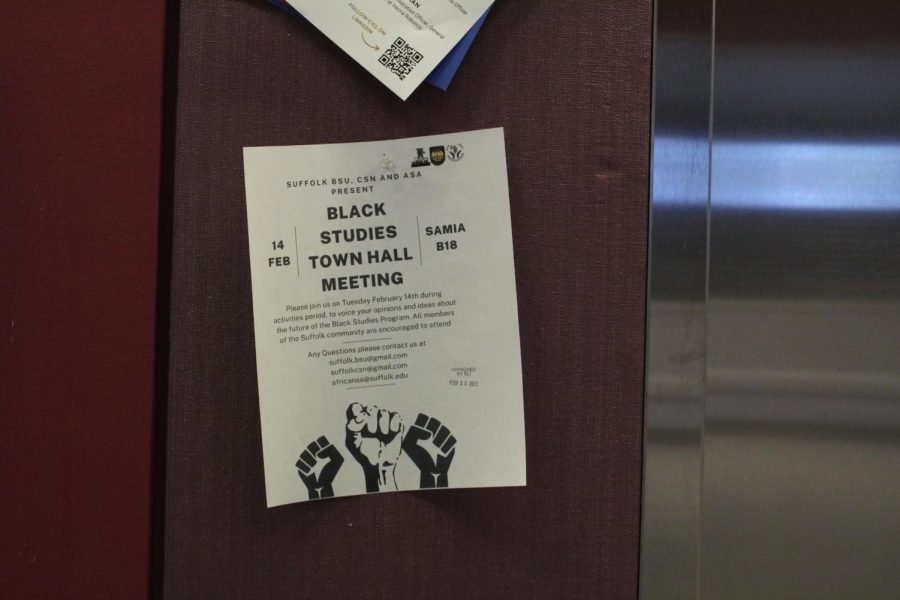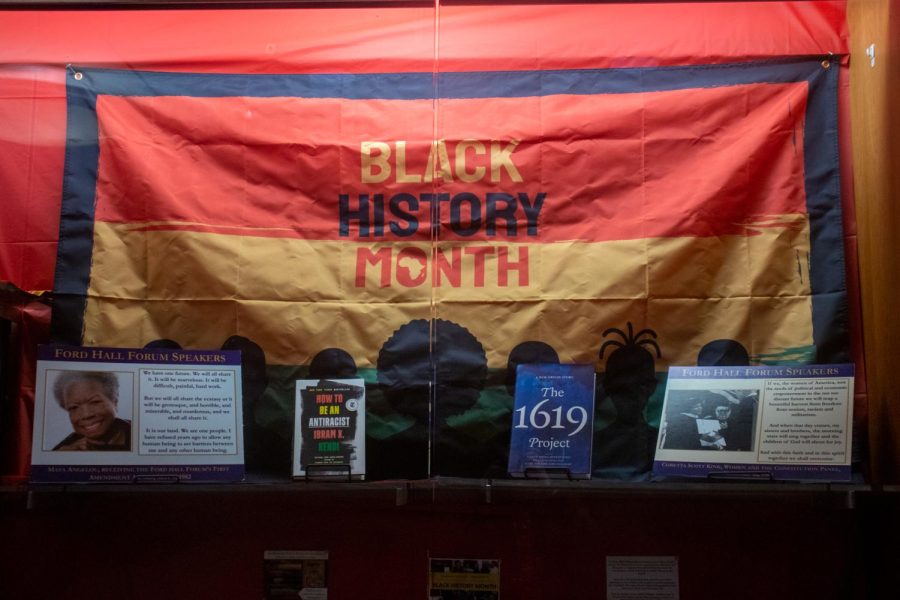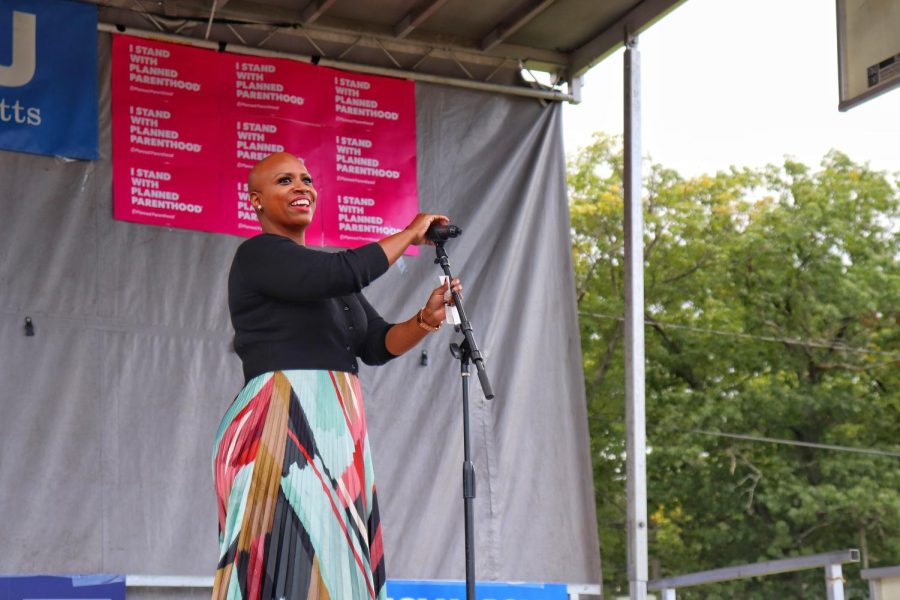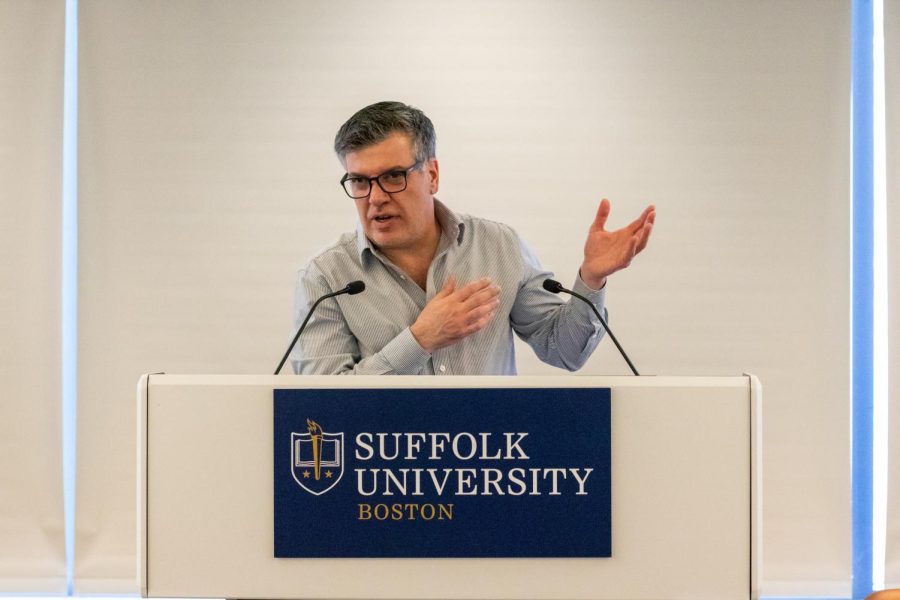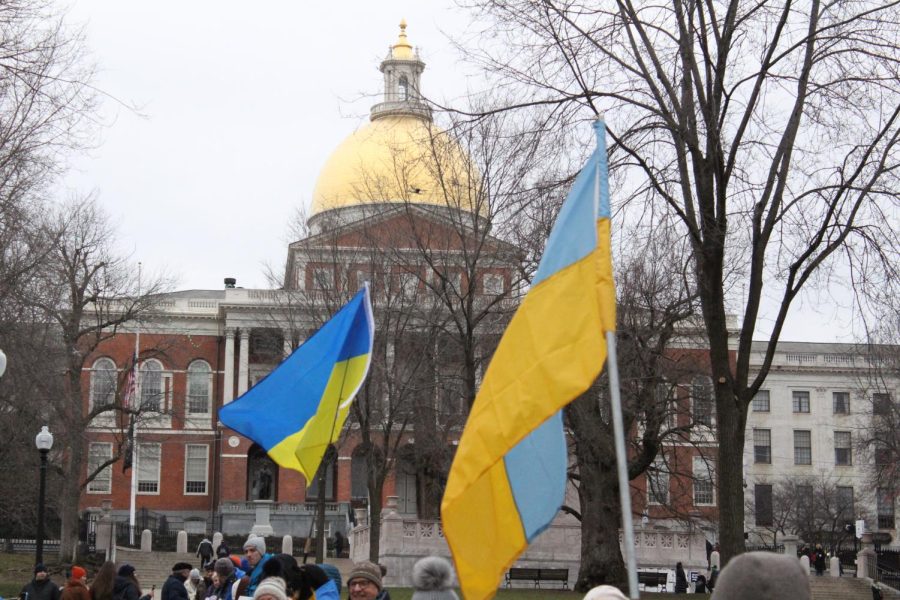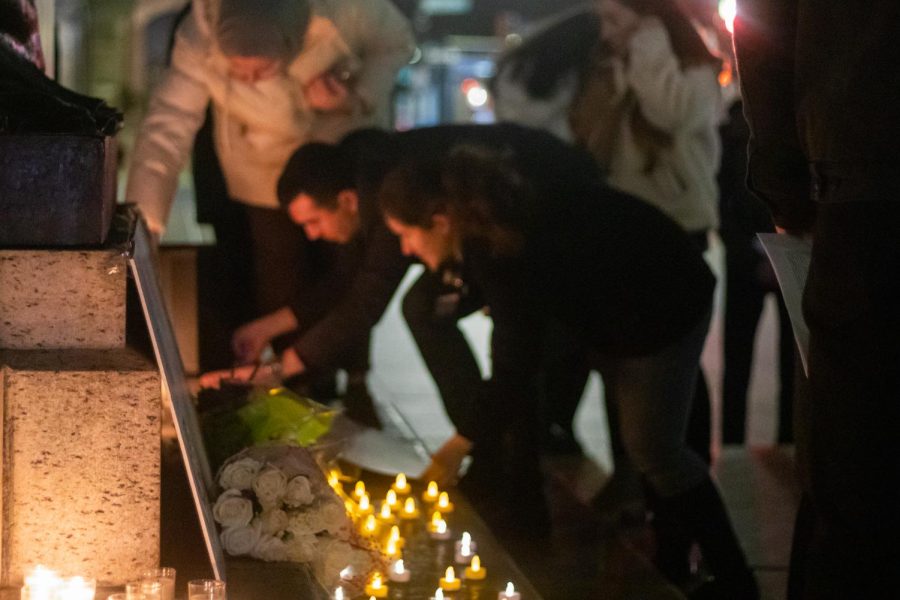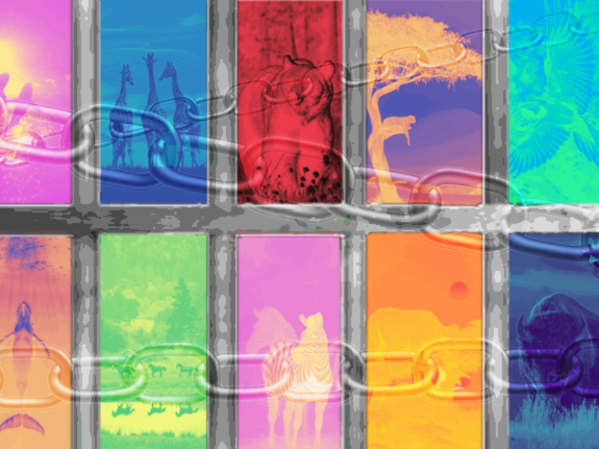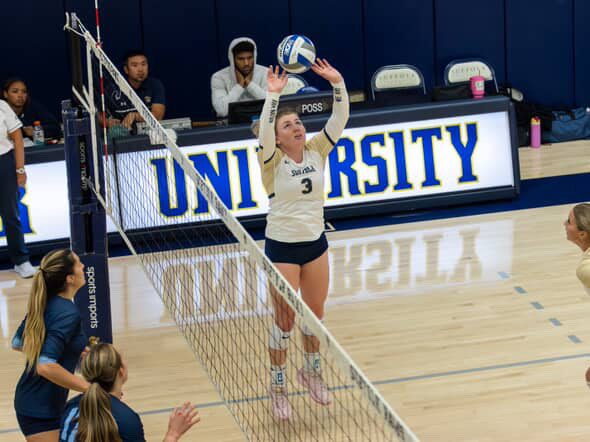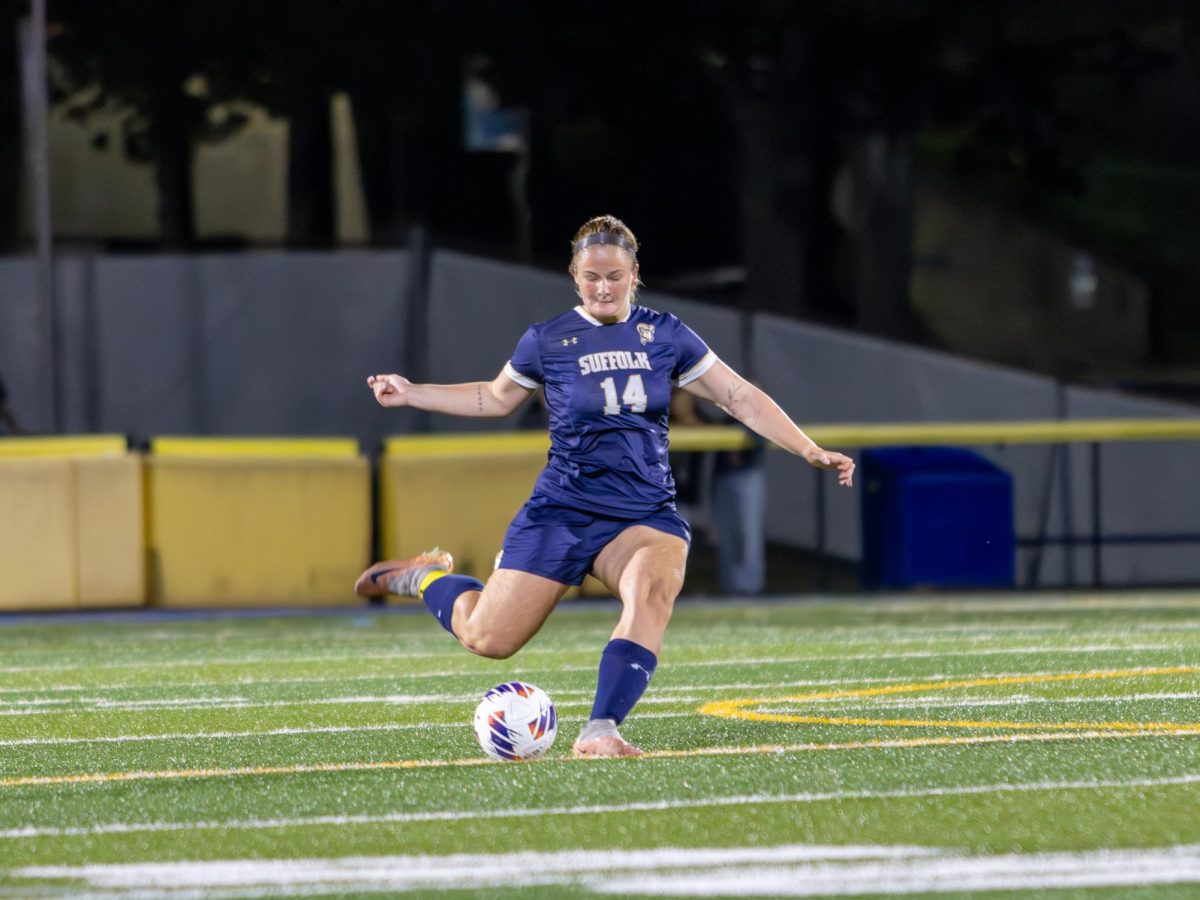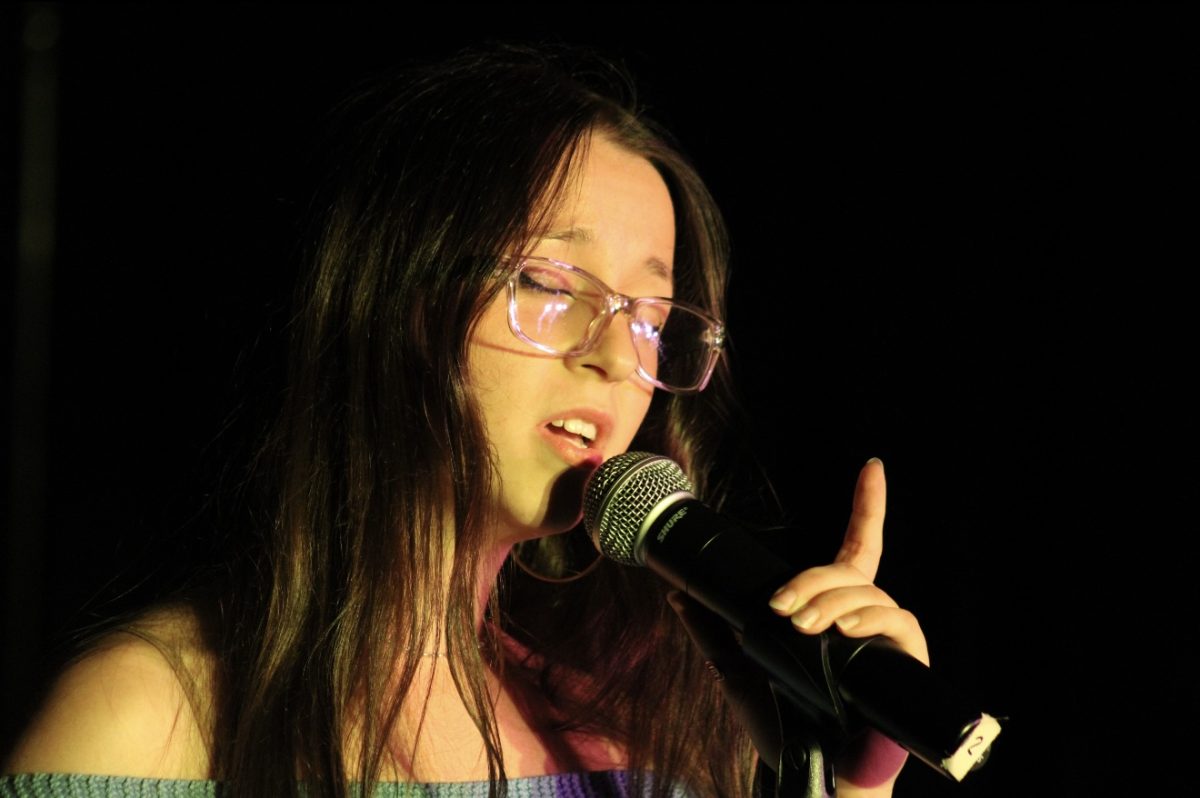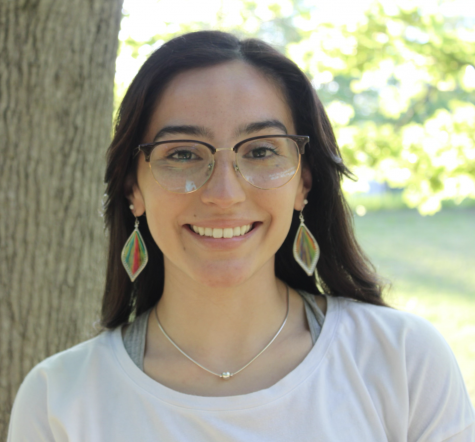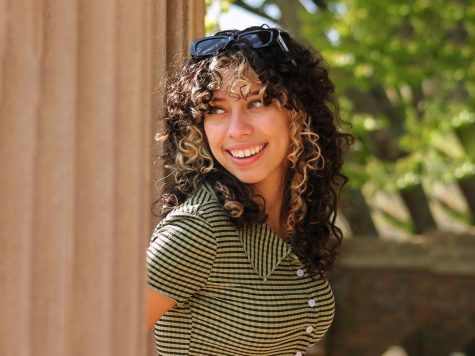While Hispanic Heritage Month has come and gone, members of the Suffolk University Latinx/Hispanic community are taking the time to reflect on their backgrounds and what it means to them.
September was declared Hispanic Heritage Month in 1989, but students today acknowledge that a month is not long enough to celebrate one’s heritage.
“Don’t get me wrong, it’s cool that we have a month dedicated to us but I don’t think we need it,” said Nicholas Gacia, a Suffolk senior. “I’ve never needed a month to celebrate. This is where I come from and I hold my head high there.”
The business management and finance major is Colombian and Guatemalan. Garcia said he has gone on family trips to Guatemala and appreciates his close knit communities and deeply-rooted culture.
However, most traditions in the family come from his mother’s side, where Garcia inherits his Colombian roots. This mostly consists of Catholic customs such as Christmas celebrations and family gatherings.
Ashley Galvez, a Suffolk junior, comes from a mixture of both American and Mexican backgrounds that she said have greatly influenced each other. Being raised in East Harlem, New York, Galvez had an annual festival take place in her neighborhood that was widely inspired by Mexican culture.
“The roads are blocked off and there’s lots of live music, concerts, food, candy and rides for the kids,” said Galvez, an English and psychology double major. “You wake up and hear the music in the street for three days and there’s tons of people.”
Suffolk English major Emily Piken discussed the difficulties of being a part of the Latinx community while not being totally fluent in the language. Piken identifies as a Honduran American, as she comes from a Honduran and Jewish background.
“Sometimes it feels like people don’t accept you if your Spanish is subpar,” said Piken. “It’s like you have to pass a test and there are certain identifiers people want you to have.”
Additionally, Piken argued that Hispanic Heritage Month “shouldn’t be based on a series of dates.” Rather, it should be celebrated year round, in any way that honors a person’s heritage.
Others in the Latinx community come from backgrounds that make it challenging to celebrate culture and tradition. For Mari Ortega, a graphic design major at Suffolk, living in a predominantly white area has allowed her to observe stark contrasts between her upbringing and that of others.
Both of Ortega’s parents are Puerto Rican, with one being born on the island and another born in the United States. Ortega believes that experiences such as this can show how unique every individual is.
More than anything, Ortega looks at how community plays a large role in the Hispanic/Latinx culture. Not everyone is accepting of cultures different from their own, which can make it hard for these tight-knit groups to find a place in society.
“We need to be a lot more critical of our environments, especially in academia,” said Ortega. “As young people we become submissive to grown ups and professors in our lives but we need to be more acknowledging of the mistakes of others if we really want to see the communities we talk about having.”


